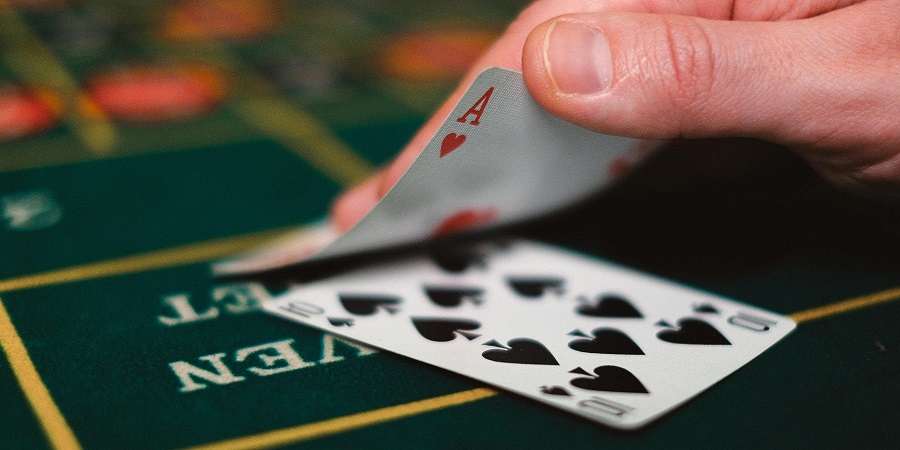While sports betting dominates much of the conversation around wagering, a growing segment of the market focuses on events beyond the pitch or track. These alternative betting markets cover everything from elections to television shows, offering opportunities to explore outcomes in areas not traditionally associated with betting. Understanding how these markets operate can provide a fresh perspective for anyone curious about how trends and patterns influence the choices people make.
Betting Beyond Sports
Alternative betting markets, sometimes called novelty or proposition markets, include a wide range of topics outside of standard sports events. Common examples include political elections, reality television competitions, award ceremonies, and even social trends or celebrity occurrences. Unlike sports, which often have extensive statistics and historical performance data, these markets rely heavily on public sentiment, expert predictions, and broader social trends.
For example, political betting might focus on which party will win a particular election or how certain policies could be decided. Similarly, television competitions such as talent shows often provide markets on who will be eliminated in a specific week or who will ultimately take the top spot.
These types of markets share some similarities with promotional features seen elsewhere in gaming, such as no wagering free spins, in that both appeal to players by offering an experience that feels more straightforward and less dependent on complex calculations. Understanding these markets requires attention to public opinion, media coverage, and sometimes the timing of events, rather than purely statistical analysis.
Politics, TV Shows, and Celebrity Bets Explained
One of the key differences in these markets is the reliance on qualitative data. Unlike sports betting, where past performance and statistics heavily influence outcomes, alternative markets are shaped by perception and external factors. In political markets, for example, polls, debates, and policy announcements can quickly change expectations. In the entertainment sector, social media trends, fan engagement, and even judges’ comments can sway outcomes in television competitions.
Celebrity-focused markets may involve predicting life events, such as award nominations or personal milestones. While these can seem unpredictable, patterns emerge over time. Public sentiment, prior achievements, and historical results often provide subtle indications of likely outcomes. Bettors who follow trends closely tend to gain a more informed understanding of the market, even in areas that appear entirely random at first glance.
How Experts Analyse These Markets
Analysis in alternative markets combines observation with structured approaches. Experts often track polling data, media coverage, reviews, and social trends to form an understanding of likely outcomes. Historical comparisons are also valuable; past results in similar contexts can indicate recurring patterns. Unlike sports statistics, these observations require flexibility and an ability to interpret softer signals, such as public mood or critical reception, rather than just numerical performance.
A simple way to approach analysis includes monitoring multiple sources, noting patterns, and keeping track of changes in public perception.
Lessons for Traditional Bettors
Exploring alternative markets offers insights that can inform more conventional betting strategies. Observing how factors beyond raw statistics influence outcomes can help bettors appreciate the importance of broader context, trends, and public sentiment in decision-making. By paying attention to external influences and historical patterns, traditional bettors may refine their understanding of unpredictability, risk, and the subtleties involved in any wagering scenario.






